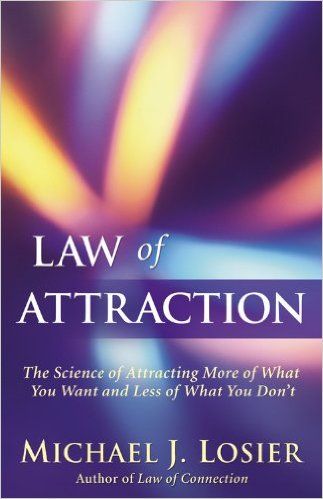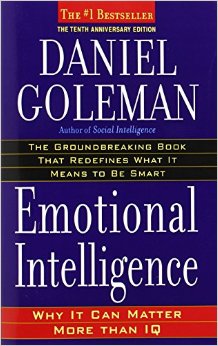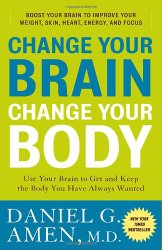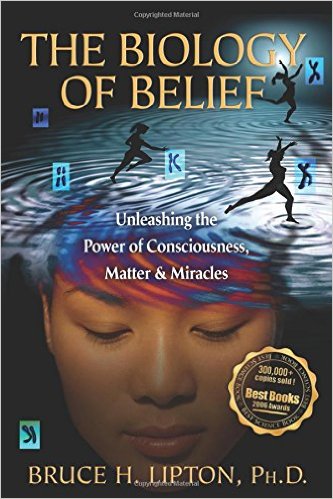“I found this course to be quite interesting and relevant to my career as a school counselor. I have to get my transcripts to the Ohio Department of Education as soon as possible, so please let me know as soon as they can be ordered. I will be taking more courses in the future.”
- 3 Credits -
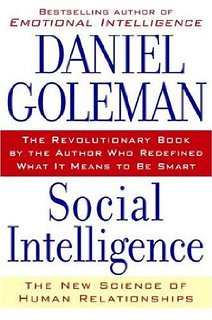
3 Semester Credits
(post-baccalaureate
PD credits for re-certification and
pay-lane increases)
- accredited nationwide
- start any time
- up to 5 months to complete
- independent study
- all course materials included with course tuition
- view FAQ
Course Description
This course explores the area of social intelligence as it applies to human relations and the classroom. Educators will learn about and be able to take the theories of SI and put them into practice in the elementary, middle school, and high school environments. Teachers will develop several SI instructional strategies for classroom environments and management. Educator understanding, counseling, and other applications of SI theory are presented. Various appendixes are available for examination for teacher applications in schools settings.



$425
3 Semester Graduate Credits
Item categorypsychology-sociology-the-brainpage3 not found.Item ma-categorypsychology-sociology-the-brainpage3 not found.Item categorypsychology-sociology-the-brainpage32 not found.Item ma-categorypsychology-sociology-the-brainpage32 not found.
Social Intelligence: The New Science of Human Relationships
- 3 Graduate Credits -



Course Objectives
- Educators will review the way humans are wired to connect with others in a natural WiFi system and instinct for altruism that defines social intelligence.
- Teachers may explore self awareness as it relates to social intelligence in a variety of settings and why genes are not destiny in developing SI skills.
- Students will be presented with the need for a secure base and to develop personal set points for happiness that facilitate positive webs of attachment.
- Teachers are exposed o how the mind and medicine are interrelated and how to manage the heart regarding trauma and emotional relearning.
- Educators will examine how biology, stress and the lack of social connectedness can affect how we utilize social intelligence techniques in school environments.
Credit Hours
3 Semester Credits (post-baccalaureate professional development credit)
Course Instructor
Joseph C’de Baca MaEd.
Grade Type
University Transcript: Click Here For Details
Social Intelligence: The New Science of Human Relationships
What Others Are Saying About This Course
TLC Testimonials

